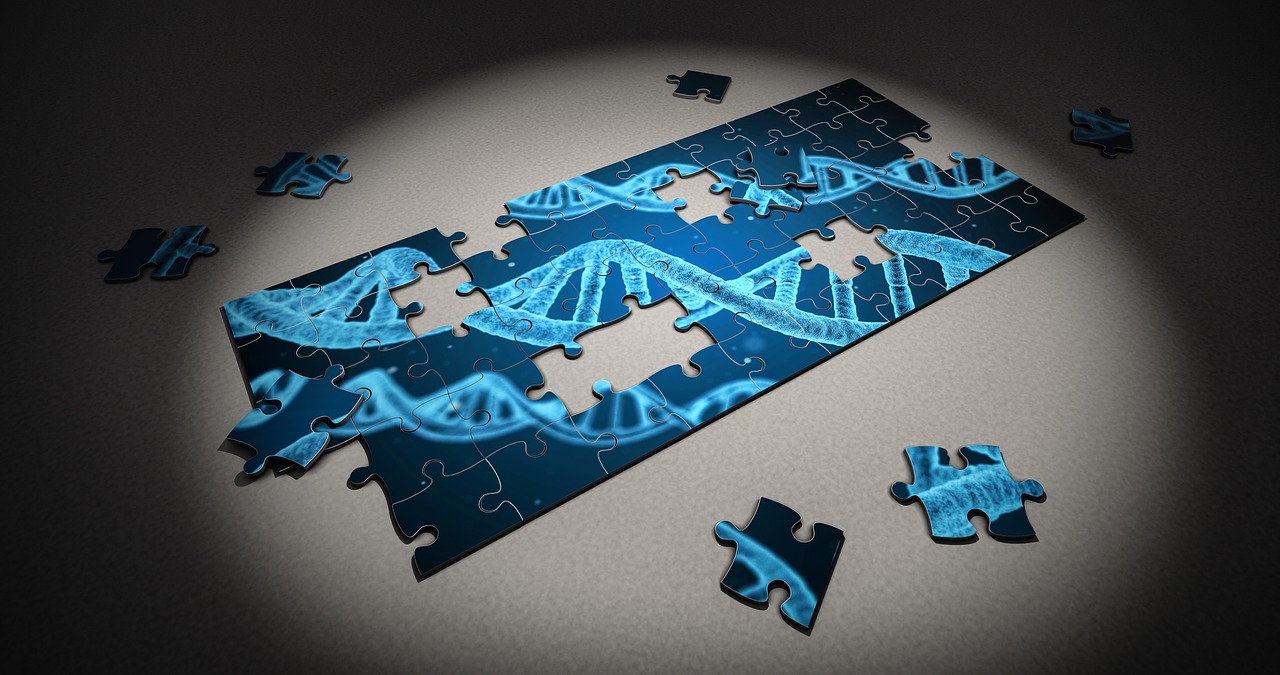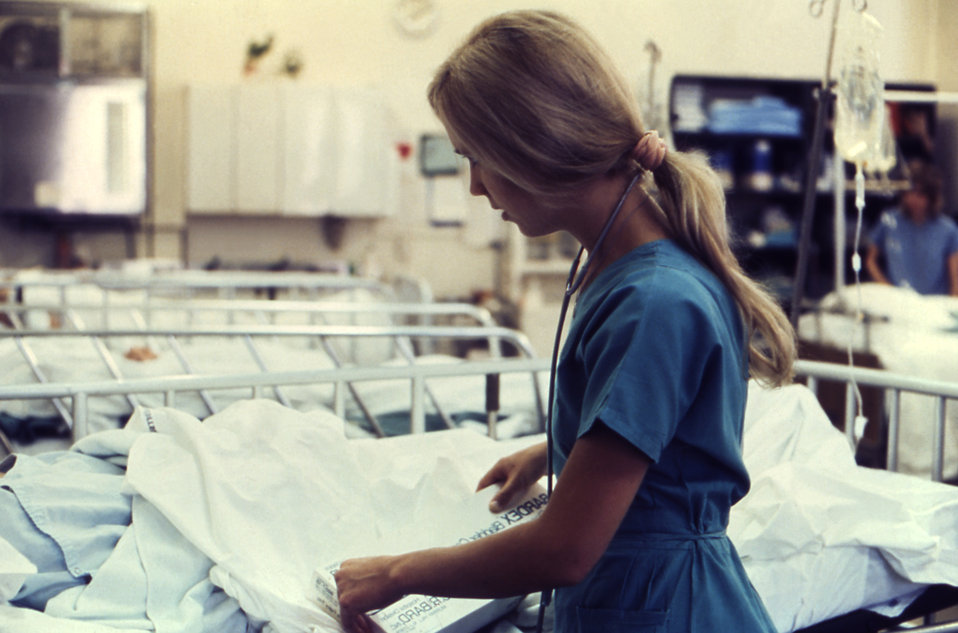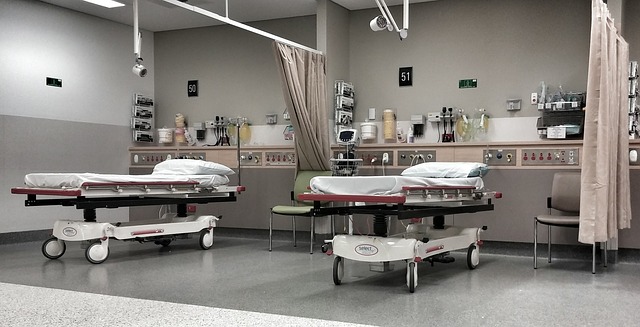As it turns out…. some people actually are unfit to be parents. Today’s example comes to us from New York Magazine.
Remember Jen Gann? She’s the parenting editor for The Cut, which is an arm of New York Magazine.
It’s a sick joke that her job title includes the word parent.
Jen and I had a bit of a dust up this past August, when I wrote Abortion is Not The Answer to Genetic Disability, and It Has Nothing to Do With Politics in response to her article, Ending a Pregnancy Because of Down Syndrome Is Not a Precursor to Eugenics.
Jen is the mother of a young child with cystic fibrosis, and today her article, Every Parent Wants to Protect Their Child. I Never Got the Chance. To fight for my son, I have to argue that he should never have been born, is the cover story for New York Magazine.
I cannot believe we are doing this again so soon.
The article is about her family’s wrongful birth lawsuit, which stems from her experience with genetic testing.
Jen claims that she would have had an abortion had she be alerted that the embryo she was carrying was positive for CF.
I cut off our lawyer, Martha McBrayer, as she led up to the question and stopped her from asking it all the way: I would have had an abortion, I told her.
You can’t discuss what happened to me without discussing abortion. In what’s called a wrongful-birth case, plaintiffs sue a medical practitioner for the failure to diagnose or inform them of a disease or disability possible to detect in utero; it is understood that in almost all cases, the plaintiff would have aborted the pregnancy had she been able to make an informed decision.
The important sentence above is, “You can’t discuss what happened to ME without discussing abortion.” Somehow Jen is the victim here, and that’s what is so infuriating.
Throughout much of the article she insinuates that her son’s being is someone else’s fault. She rants about hating a number of people, from the midwives who cared for her when she was pregnant to the people in the genetic lab:
I also hate the women who were supposed to care for me. I hate the faceless people at the lab. I hate them ferociously, the way you hate a family member or the closest of friends. I hate them the way you hate a spouse, for all the bad they caused, and how closely tied that bad is with good. I hate them for what feels like the slyest of deals: While my family’s life is now shaped around a disease I would never willingly bring into the world, we are a family because of them — unwittingly, they gave me my most precious gift. I hate them for making me a mother whose biggest mistake was becoming one.
She also talks about the blame she feels, though she knows it “logically” belongs elsewhere:
But no matter whose fault it is, giving birth to a child with a terminal disease is something I did do. This is just as obvious as it is important: I am the one who was pregnant and gave birth to Dudley. That I continued my pregnancy under mistaken pretenses feels like an irreparable violation, one that I don’t think any man — including the one who loves Dudley as much as I do — is capable of understanding. A woman once described the grief of her miscarriage to me as a “biological loneliness”; that’s something close to what wrongful birth feels like. A biological remorse. Logically, I know the guilt belongs elsewhere. But biologically, I feel a deep responsibility, a primal and uniquely female pain.
Evidently I’m unable to understand. That aside she also loves to live in the world of what if:
I’m afraid of what he might want from me someday, of the kinds of questions he’ll want answered. He’s not dumb: He’ll figure out that his disease should have been detected before he was born, not after. The prenatal results should have been communicated to me by the midwives. A genetic counselor should have explained that being a carrier doesn’t necessarily mean an unhealthy fetus. She should have recommended that my husband be tested, just in case. She should have explained that in the U.S., one in 29 Caucasians carry a CF mutation. And even if Tag were also a carrier, a counselor should have told us, there was still a 75 percent chance of the fetus being fine. I would have had an amniocentesis or chorionic villus sampling to know for sure.
But none of those results would have been the ones we wanted, and we’d be up against the last should: I should have had an abortion. And that’s where my conviction crumples, because I don’t know how I’m supposed to tell Dudley that someday.
Finally, and this part is the best:
A time will come, I know, when the decision to tell others about his disease will belong to him.
You write a f****** column about him, and his picture is plastered on the front page of a goddamn magazine. The world already knows much of his medical history!
I honestly can’t even dig further into this article without wanting to throw my computer across the room.
When I wrote about abortion and CF this past summer I thought I was being fair in showing my side of the debate (the perspective of something living with genetic illness). I’ve never really had a care in the world about another person’s politics because I have to live my life in the here and now.
Here I will not be so kind.
Jen’s article is really quite pathetic. I almost don’t have the words to express my overwhelming anger. The real victim here is Dudley because his mother is a monster, the same kind of monster she talks about in the beginning of her story.
Eugenics is vile and disguising, and that’s what we are talking about here. Jen and her husband decided they would practice eugenics the moment they said, “If something were wrong…we wouldn’t continue the pregnancy.”
Unfortunately they never got their shot to pick a healthy baby.
Eugenics did not work for the Nazis. It does not work here. It will never work.
Somehow a healthy payday from a shady lawsuit is supposed to make this better?
I fear for Dudley because cystic fibrosis is a brutal, hard life, and he is going to have to live that life with this seemingly shattered support system in tow.
Thousands of CF patients across the globe are proof positive of the amazing lives we (including Dudley!) can live in the face of overwhelming adversity. Yet he will grow up knowing his mother has victimized herself and her family on the account of him being a “reproductive implication” whose life is already being measured in time:
…how many hours each day you spend on treatments…how many weeks at a time you spend in the hospital…how many months since you last saw a doctor…How many years you can expect to live.
The pity party serves no one, Jen.
26 and a half years of living with cystic fibrosis has taught me many things, but none more important than that.
If you’re looking for empathy, you will find none. Your son was not misdiagnosed as I was. If he were, we’d be having a different discussion.
The lawsuit you are pursuing is an excuse for your failure as a parent.
Your current approach towards tackling this disease is beyond reason and deserves no amount of respect from the cystic fibrosis community, while your son, on the other hand, will be welcomed with open arms.
One day you’ll understand that your son has this illness, and that you are not the victim. I hope that day comes sooner rather than later, because the memories that I have created with my mom are some of my most cherished. I do hope that Dudley creates some of those memories, and doesn’t resent you the day he learns you would have terminated him before he even existed.
You are an embarrassment to the mothers of disabled children everywhere for writing your article in New York Magazine. I am beyond grateful that my own mother has empowered me to find success in living with cystic fibrosis and advocating on behalf of those who are struggling with the condition as I do, without making me feel like I am a victim.
It might do you some good to talk to other CF mothers out there, or better yet CF patients who have grown up to become mothers themselves, because the overwhelming majority of them are proactively caring for, and protecting, their children, not searching validation in their own hard lives. I’d be happy to recommend a moms if you’d like. A conversation about your differences of opinions might actually make your column an interesting, worthwhile read.




